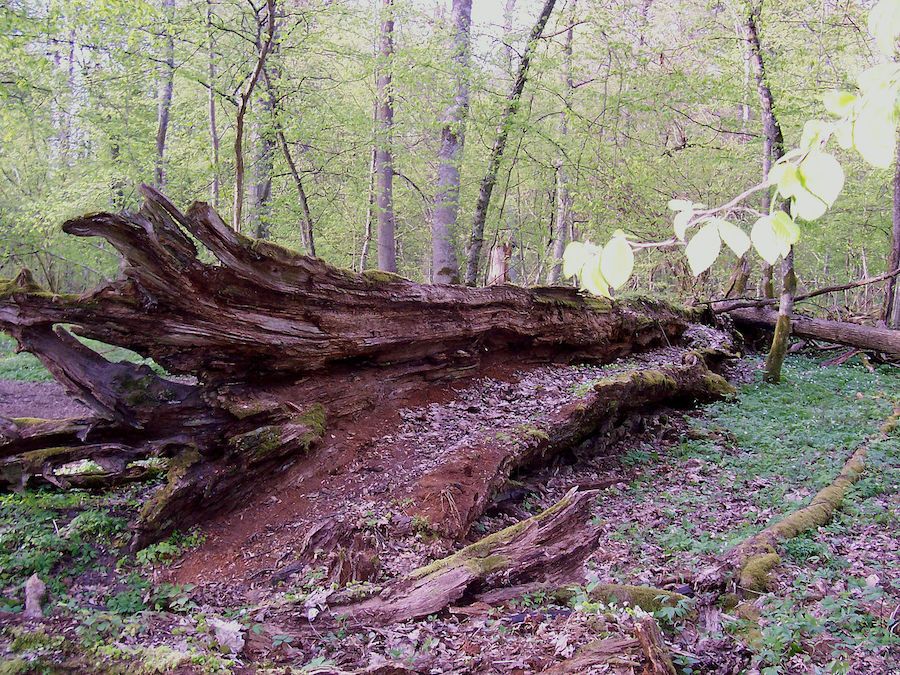
The European Union’s top court has cracked down on Poland for cutting down large old-growth spruce trees in one of the largest and most intact forests on the continent.
Though an English translation of the ruling is not available, a press release on the case from the European Court of Justice in Luxembourg says that Poland ramped up timber harvesting in the Bialowieza Forest to curtail an infestation of bark beetle.
Environmentalists argued meanwhile that the policy was a thinly disguised play for increased economic activity, amounting to a government handout to logging companies at the expense of the ecosystem. They held frequent protests at the site, drawing international attention.
Spanning large swaths of Poland and Belarus, the Bialowieza Forest is a World UNESCO Heritage Site and is highly regarded as one of Europe’s last remaining pristine forests — a remnant of a formerly immense stretch of woodland that covered much of the continent.
In 2016, the Polish minister for the environment enacted a policy that effectively tripled the amount of logging in three districts of the forest — Bialowieza, Browsk and Hajnowka — purportedly in response to an infestation of spruce bark beetle.
“The court finds that implementation of the active forest management operations at issue results in loss of a part of the Puszcza Białowieska Natura 2000 site,” Tuesday’s press release from the Court of Justice states.
Regulators with the European Commission brought the underlying action based on its conclusion that Polish authorities failed to ascertain whether its forest-management measures would harm the integrity of the protected area.
“The court stresses in this context that the spruce bark beetle was not identified in the slightest by the 2015 management plan as a potential threat to the integrity of the Puszcza Białowieska Natura 2000 site,” the press release states.
Poland’s governing party, the right-wing Law and Justice party (PiSin Polish), has clashed frequently with the EU over a variety of matters including the apparent curtailment of a free press, stacking the judiciary and undermining other democratic norms.
The country, which has recently sought to defuse tension with the EU, said it has replaced the environmental minister that enacted the policy and ceased logging in the contested areas.
The Bialowieza Forest became a World Heritage Site in 1979 and was expanded several times thereafter, most recently in 2014. The site encompasses about 876 square kilometers. As Poland sought to increase logging, its eastern neighbor, Belarus, enacted stricter conservation regulations.
The forest provides unique wildlife habitat for a variety of species including European bison, lynx, wolves and semi-wild horses.
Leave a Reply